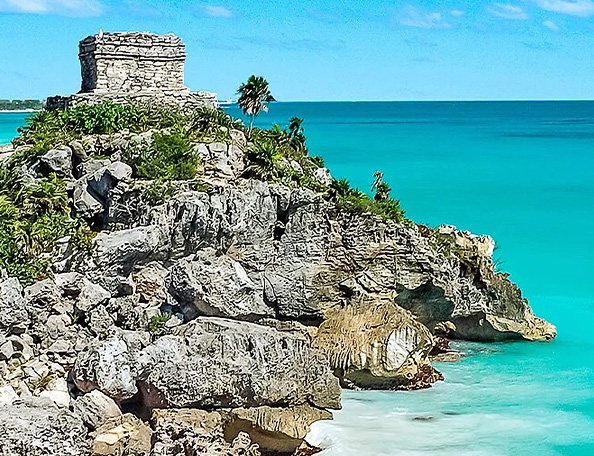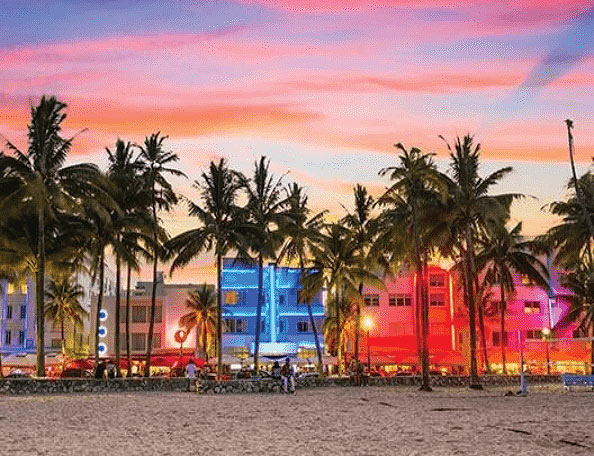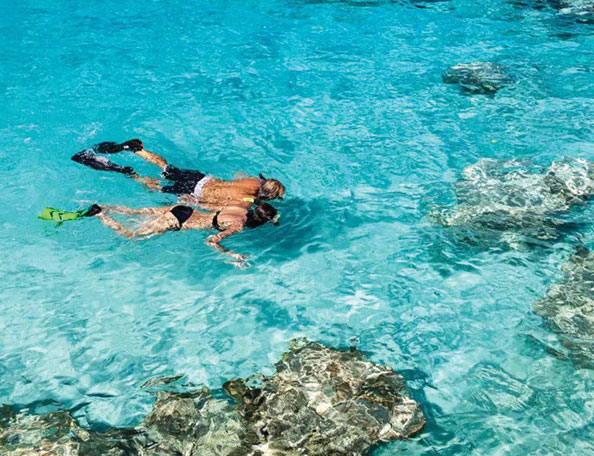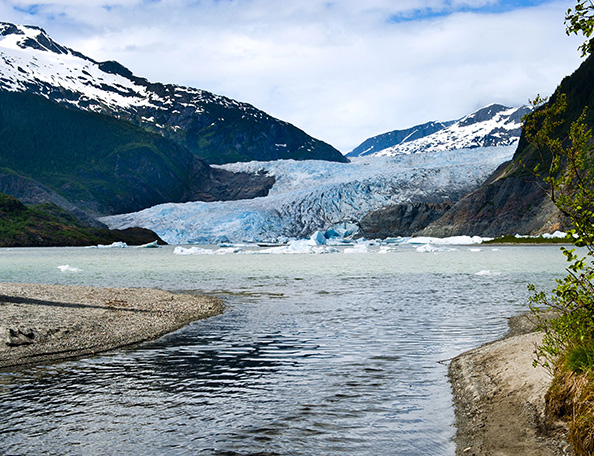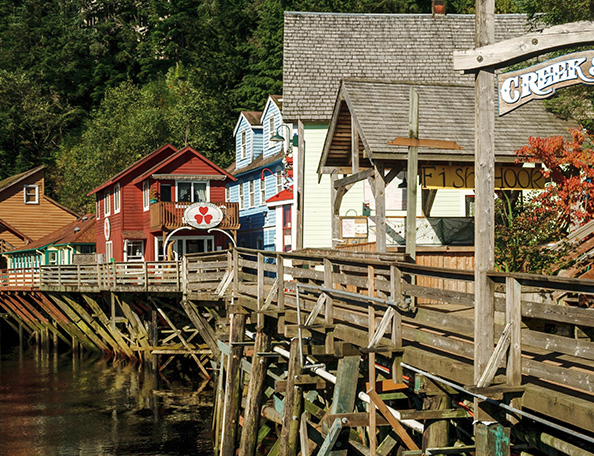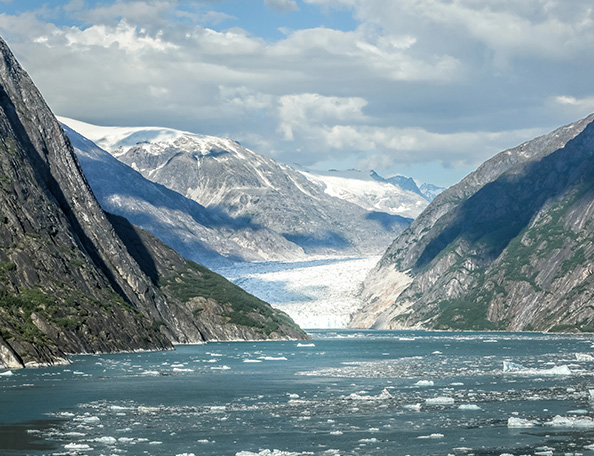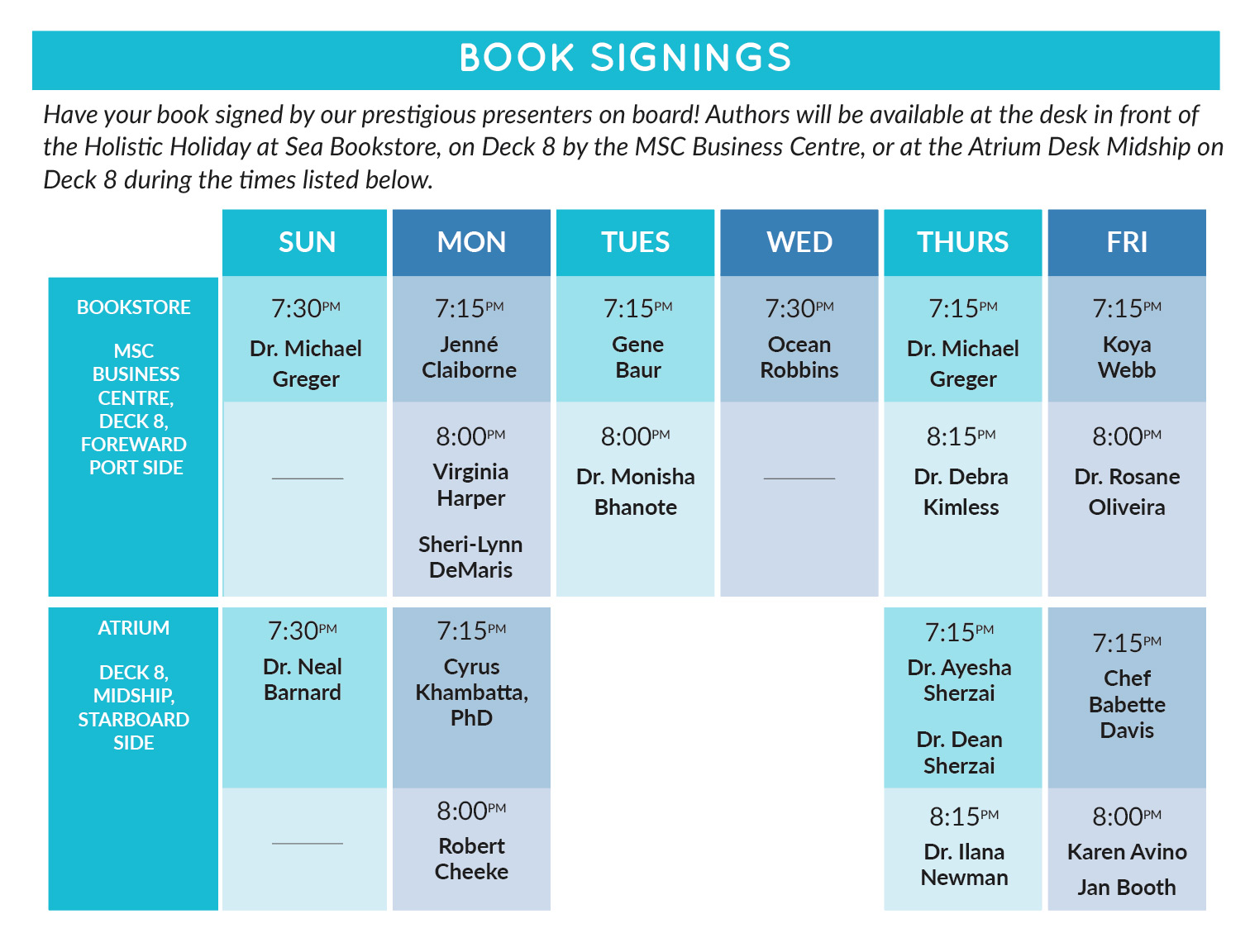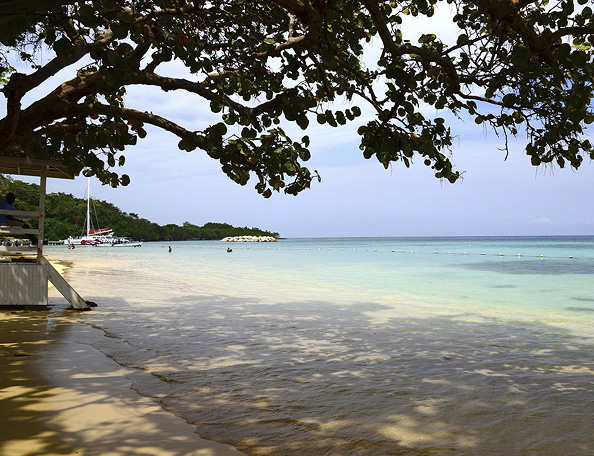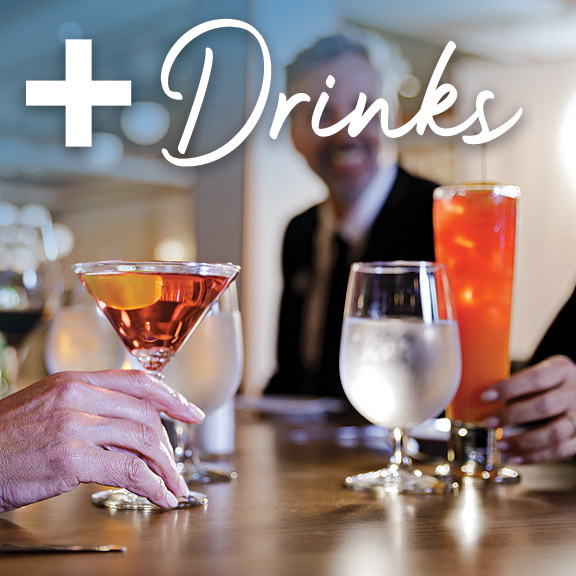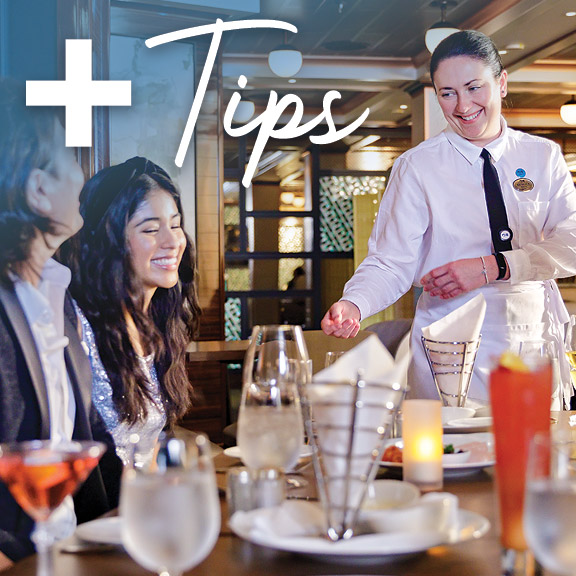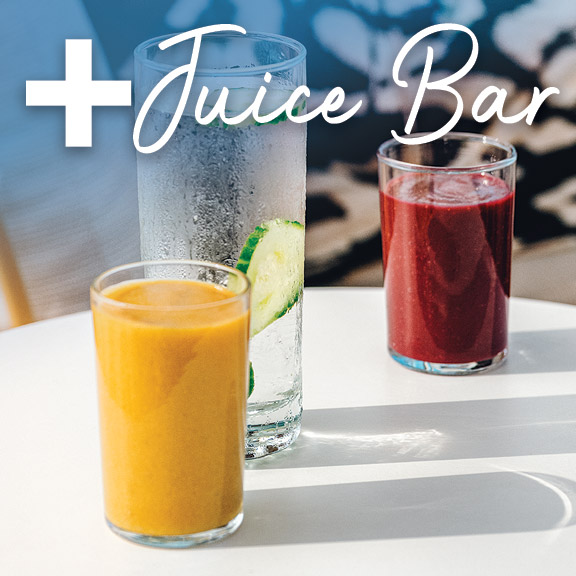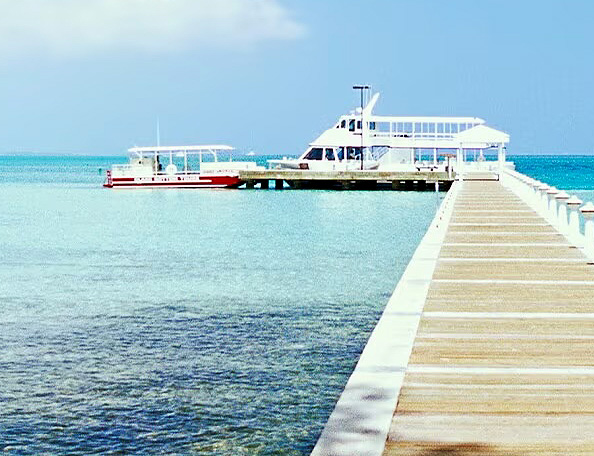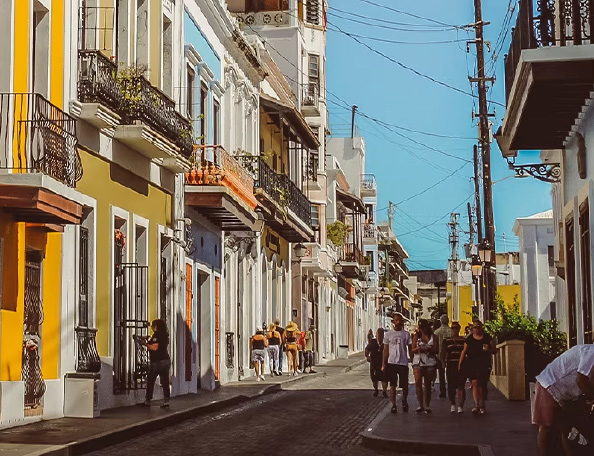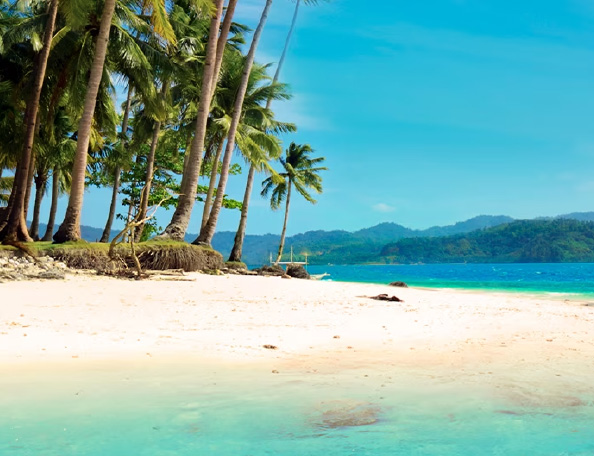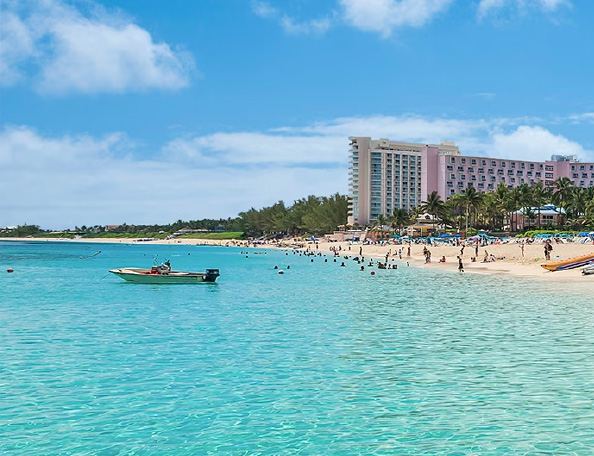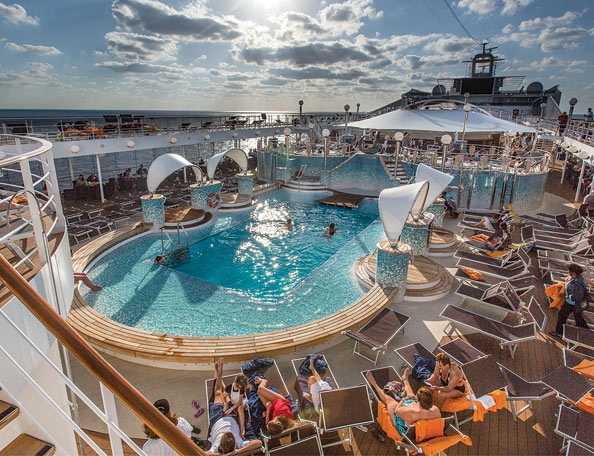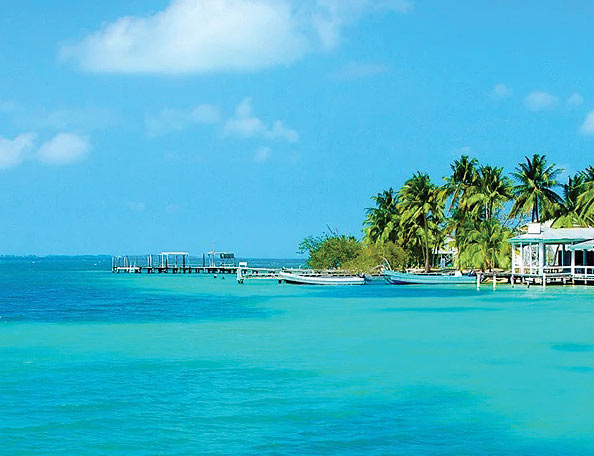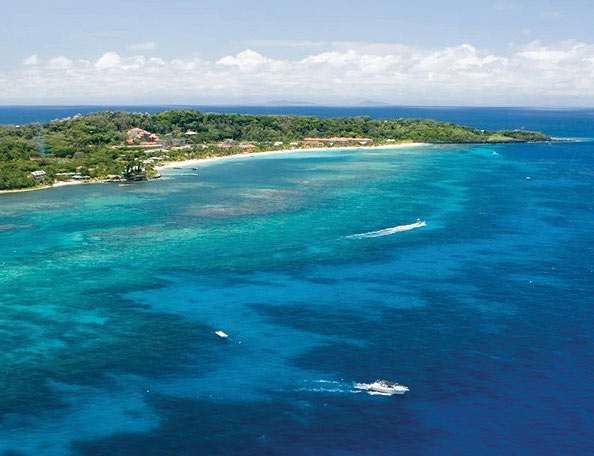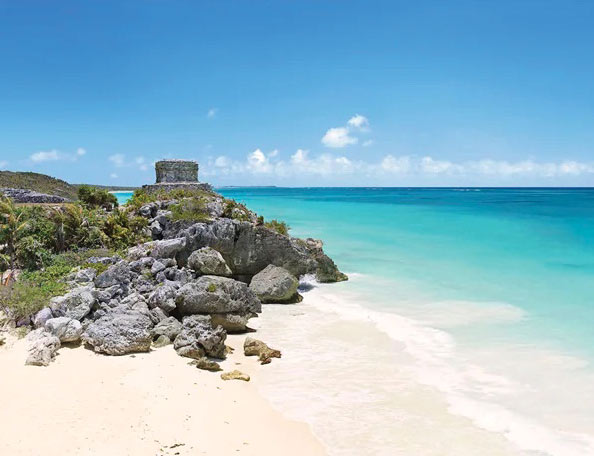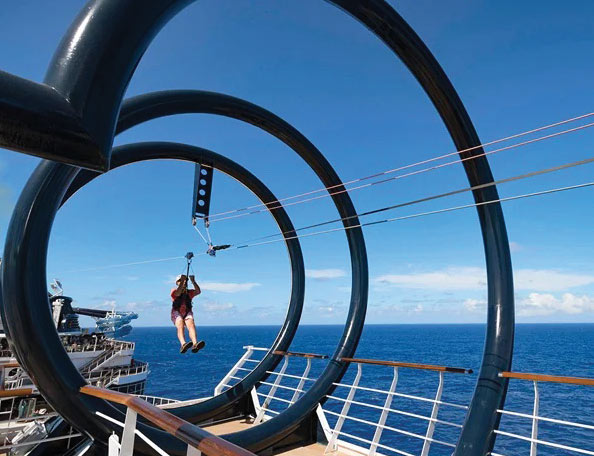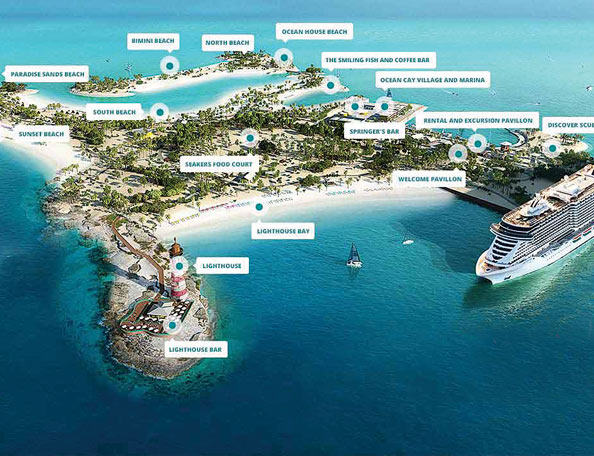 Last March, Dr. Jonathan Balcombe made his Holistic Holiday at Sea debut on our 14th annual Caribbean cruise. As a featured presenter, Jonathan gave insightful lectures about the amazing abilities, personalities, and feelings of animals, from fish to baboons. Often humorous and always compassionate, Jonathan pulled from scientific facts and his own observations as an expert in the field of ethology, the study of animal behavior.
Last March, Dr. Jonathan Balcombe made his Holistic Holiday at Sea debut on our 14th annual Caribbean cruise. As a featured presenter, Jonathan gave insightful lectures about the amazing abilities, personalities, and feelings of animals, from fish to baboons. Often humorous and always compassionate, Jonathan pulled from scientific facts and his own observations as an expert in the field of ethology, the study of animal behavior.
Jonathan is the director of animal sentience at the Humane Society Institute for Science and Policy and a favorite among animal advocates around the world. He’s authored several books, including Pleasurable Kingdom (2006), Second Nature: The Inner Lives of Animals (2011), and his latest What a Fish Knows: The Inner Lives of Our Underwater Cousins (2016), a New York Times bestseller that was released in paperback this month.
We’re so excited Jonathan will be returning for our special ten-day 15th anniversary cruise to the southeastern Caribbean, February 15–25, 2018! We recently got the opportunity to catch up with him about his trip highlights, how the ethical and nutritional aspects of veganism work so well together, and why he’s so often curious about animals who don’t typically get the spotlight.
Fish Sightings on and Under the Deep Blue Sea
 In the early morning on the first full day at sea, Jonathan, with binoculars in hand, looked hopefully out over the sea. “I was delighted to see flying fishes taking off and moving away from the boat,” he says. “I saw them on like three or four occasions that day on different sides of the boat. We were definitely in waters that had a lot of them… I never saw any cetaceans. I talked to another group at my table one night who saw a pod of about 90 or so dolphins passing, coming toward the boat, and then kind of going past. I was green with envy at that time. Unfortunately I wasn’t party to that.” Timing is everything!
In the early morning on the first full day at sea, Jonathan, with binoculars in hand, looked hopefully out over the sea. “I was delighted to see flying fishes taking off and moving away from the boat,” he says. “I saw them on like three or four occasions that day on different sides of the boat. We were definitely in waters that had a lot of them… I never saw any cetaceans. I talked to another group at my table one night who saw a pod of about 90 or so dolphins passing, coming toward the boat, and then kind of going past. I was green with envy at that time. Unfortunately I wasn’t party to that.” Timing is everything!
Our first port of call was Ocho Rios, Jamaica. Jonathan took part in the snorkeling excursion and saw many kinds of fish, including tarpon. “Tarpon are quite big, they’re like silvery white fish. They grow to over six feet long. The ones we saw were probably in the four foot range, the bigger ones. They just glided around so gracefully… I watched a boxfish blowing sand on the bottom, I guess trying to uncover food, that was pretty cool.”
On our last stop in Nassau, Bahamas, Jonathan snorkeled once again: “I enjoyed that, beautiful colors, lovely fishes of various species, and beautiful reef habitat as well.” Since the waters were very cold that day, Jonathan made a reminder to himself to pack a thick wetsuit for next year. Other fish Jonathan recalls seeing on his adventure are squirrelfish, yellowtail snapper, and porkfish, among others. He spotted yellowfin and mojarra, which are two kinds of fish he can also find at Boynton Beach in southeast Florida, where he lives.
A Compassionate Way to Live
Many people who choose plant-based lifestyles do so from a concern for the welfare and protection of animals. During his keynote lecture “What a Fish Knows,” Jonathan told the story of when he decided as a child on a summer camp outing that he did not want to fish like the rest of the kids. “From my earliest memory I was always smitten with animals, fascinated with them, wanted to know what it was like to be them. Of course I’ll never fully know. I was also deeply empathetic toward them. If there’s an empathy gene, I was born with it. I always went out of my way not to step on the ants. So it was that element. I was an animal person from my earliest memory.”
Jonathan earned three biology degrees, including a PhD in ethology from the University of Tennessee, where he studied communication in bats. When asked how he went from bats to fish, Jonathan replied, “I think I tend to consciously or maybe subconsciously gravitate towards less popular animals. Nowhere is that more evident than in my currently planned next book which is on one of the most reviled, least liked group of animals on the planet, that is flies.
“I almost did a graduate study on snakes which would have taken me in other directions, another very unpopular group of animals. I think that’s a big element for me, because I identify very much with animals ethically, I want to improve their lot, and the ones who are least liked by us probably need the most help.”
Humans are a Varied Lot
When he wasn’t underwater, Jonathan was exploring all of the onboard activities. “I went to quite a few lectures,” he says. “Most of the ones that I went to, the people who were speaking I had already heard before, which is not to say I didn’t learn new stuff or that they didn’t cover new stuff. I thought Caldwell Esselstyn’s presentation was really very interesting. Gene Baur, I always enjoy hearing him speak.” A pianist himself, Jonathan attended Luiz Simas’ jazz concert on Wednesday evening titled “A Musical Voyage to Brazil.” He says, “I really enjoyed it. I bought the CD. I love it and listen to it all the time.”
On the discussion of meat substitutes in the mainstream food industry, Jonathan said he was excited to see these products keep rolling out even if he wasn’t personally hankering for them. “Humans are a varied lot. We need a lot of doors for people to go through to get to a more compassionate way of eating. It may not be compassionate for them, it may be saving money, it may be whatever. It may be feeling like this food is safer, whatever works. But I think that’s an important sector that will draw in some more converts away from the conventional meat eating that we currently have now which we need to switch. So I’m very excited about those.”
One of the most magical aspects of the cruise is the way that people from all walks of life can come together over mindful eating. “One of the things I most liked about the cruise was that the meal seating was random, and you almost invariably got sat at a table with other people, and they were people you didn’t know. They were people you didn’t plan to sit with. That was great because it really helped with integration to meet different people, different angles, different geographies, where they’re coming from, how many times they’ve been on the cruise… It was really fun, I really liked that. I think that played a big role in the integration of different ways of thinking about it and different priorities for why people were there. We always found common ground.”
Join Jonathan on the 2018 Cruise!
Book a spot on our 15th anniversary sailing, February 15–25, 2018. In 2018, the MSC Divina will depart from Miami, Florida, and head to the following ports of call in the southeastern Caribbean: St. John’s, Antigua and Barbuda; Basseterre, St. Kitts and Nevis; Fort-de-France, Martinique; Philipsburg, St. Maarten; Road Town, Tortola, British Virgin Islands; and Freeport, Bahamas. View the itinerary here and start planning!


